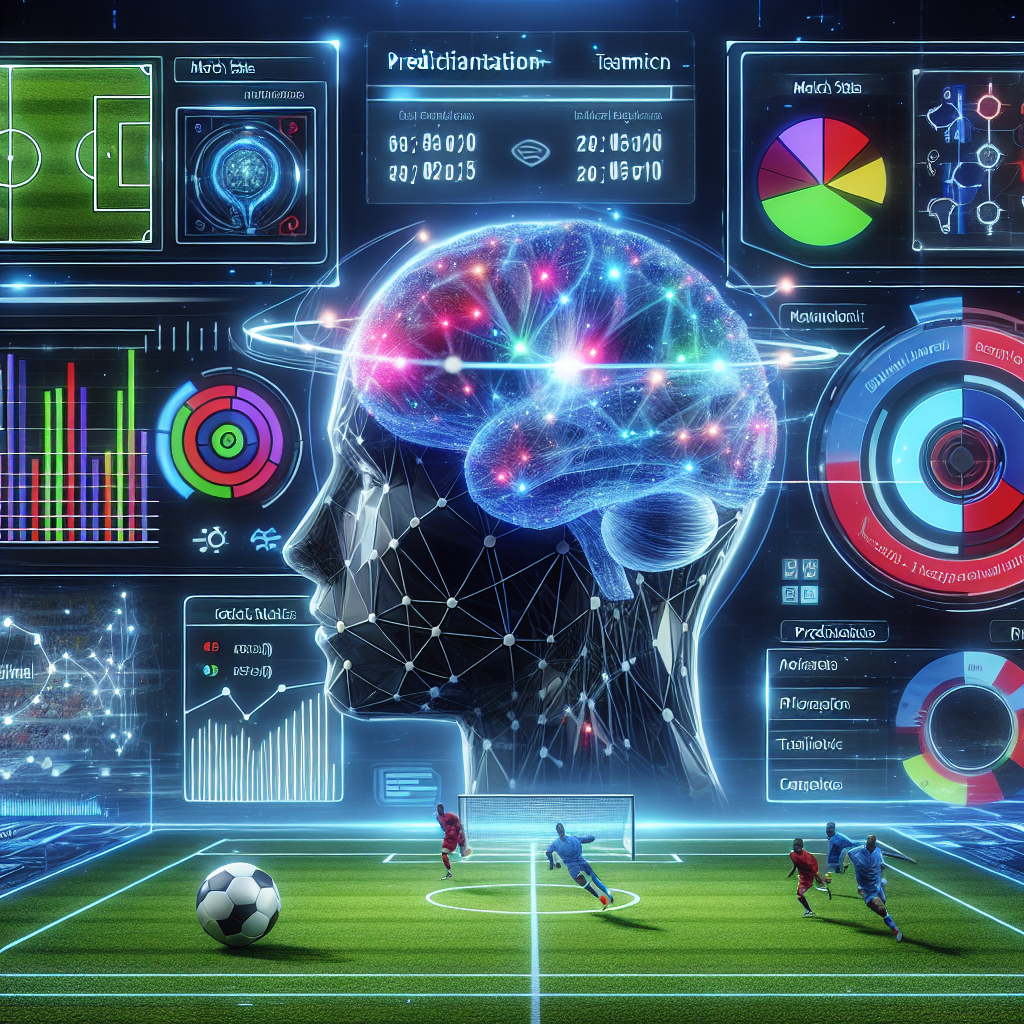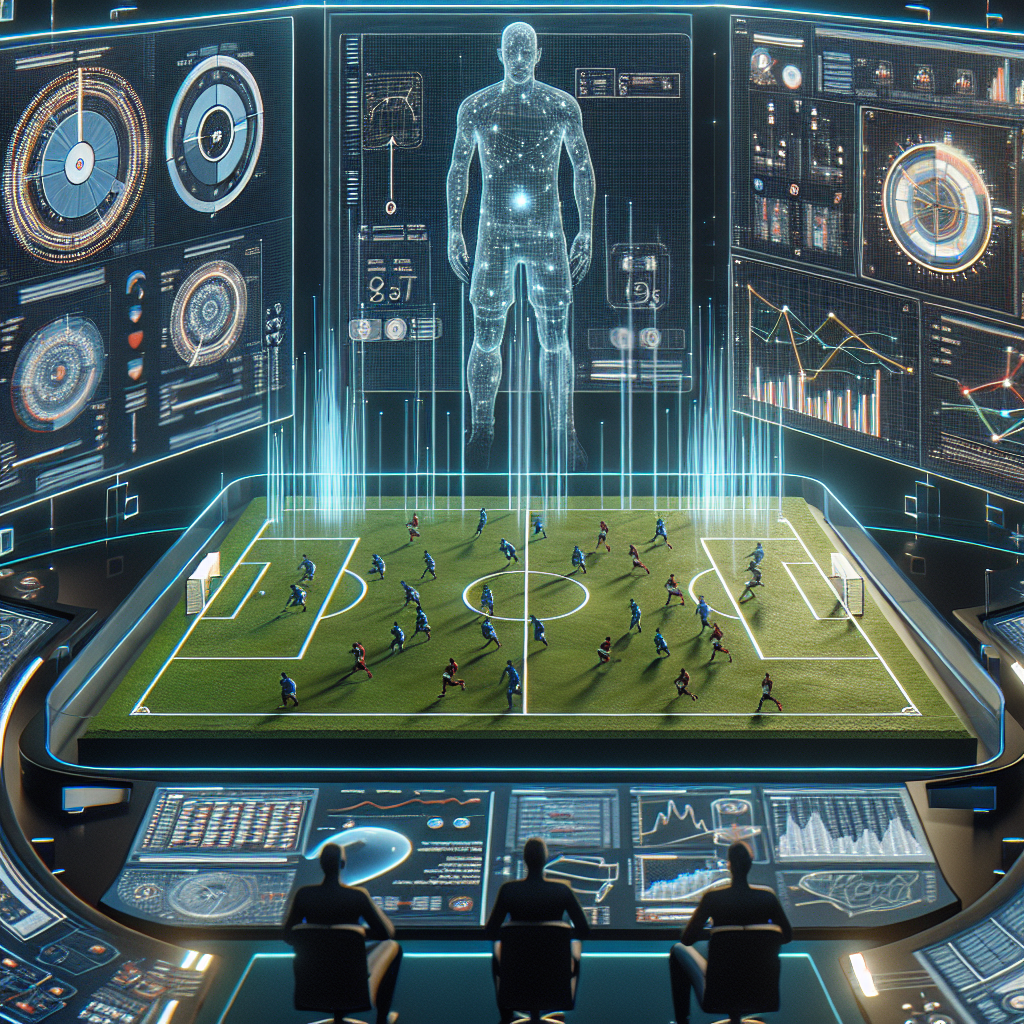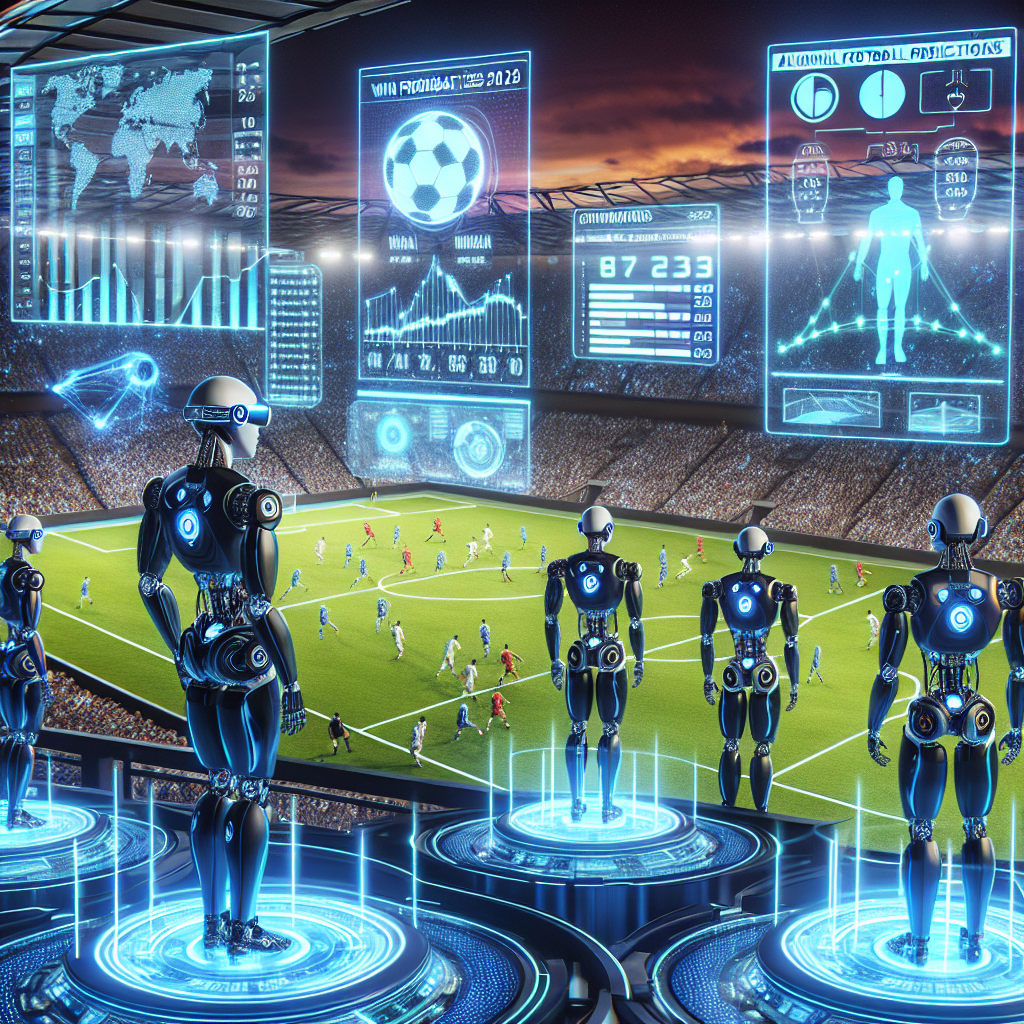The Rise of AI in Football Predictions: How Accurate Can We Get by 2025?
As the world of sports continues to intertwine with technological advancements, the realm of football has been no stranger to this evolution. A particularly intriguing development is the use of artificial intelligence (AI) in predicting the outcomes of football matches. By 2025, AI-driven football predictions are not only popular among fans and bettors but also among professional teams looking to get an edge over their competitors. In this article, we explore the accuracy of AI in football predictions and how it has changed the game.
Understanding AI in Football Predictions
Artificial intelligence in football leverages machine learning algorithms and vast amounts of data to forecast match outcomes. These predictions are based on historical data, player performance statistics, team formations, and even real-time variables such as weather conditions and player injuries. AI systems continuously learn and adapt, enhancing their predictive capabilities over time.
The Current Accuracy of AI Predictions
As of 2025, AI predictions have become astonishingly accurate, with some systems boasting success rates that outperform even the most seasoned football pundits. The integration of player tracking technologies and advanced analytics has allowed AI to analyze aspects of the game that were previously beyond human capacity. This includes player fitness levels, in-game decision-making, and even psychological factors.
The Impact on Betting and Fan Engagement
The betting industry has been particularly transformed by the advent of AI predictions. Bettors now rely on AI-driven insights to make more informed decisions, leading to a more strategic approach to betting. Furthermore, football fans are using AI to set up fantasy football teams, engage in interactive prediction games, and enhance their overall understanding and enjoyment of the sport.
AI Predictions vs. Human Experts
Despite the progress in AI, many fans still value the insights of human experts who can provide context and nuanced analysis that AI may overlook. The blend of AI precision and human experience offers a comprehensive perspective that appeals to a broad audience. However, as AI systems become more sophisticated, the gap between human and machine predictions is narrowing.
The Future of AI in Football Predictions
Looking ahead, the role of AI in football predictions is set to grow even further. With the development of more advanced neural networks and the proliferation of wearable technology, AI predictions will become more nuanced and encompass a wider array of factors. The future may also see the integration of fan sentiment analysis, social media trends, and even genetic data to predict player potential and career trajectories.
Challenges and Ethical Considerations
Despite the excitement surrounding AI in football predictions, there are challenges and ethical considerations to address. The accuracy of predictions raises questions about the sport's unpredictability and excitement. Moreover, data privacy concerns and the potential for manipulation of outcomes are issues that the industry must navigate carefully.
Conclusion
The accuracy of AI in football predictions by 2025 has revolutionized how fans, bettors, and professionals engage with the sport. While AI has enhanced the analytical aspect of football, it is essential to maintain a balance between embracing technology and preserving the human elements that make football the beautiful game. As we look to the future, the intersection of AI and football will undoubtedly continue to evolve, promising even more exciting developments on the horizon.
Keywords:
- AI football predictions
- Machine learning in sports
- Football betting AI
- Accuracy of football predictions
- AI in sports analytics




